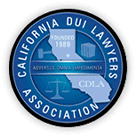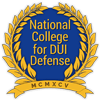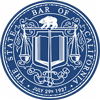In driving under the influence (DUI) cases, juries are given specific instructions on what they should “consider” as a chemical test refusal. During the trial, a District Attorney most likely will try to say that the “refusal” reflects a consciousness of guilt. The typical argument that the District Attorney will bring to light is that had the suspected offender not been drunk, he or she would have agreed to chemical testing. While this may sound like a good argument, if jurors hear a valid reason for the suspected offender to have refused chemical testing such as physical injury, a medical condition, or the request to speak to a California DUI attorney first, they often will dismiss the refusal.
Instructions to Jurors
The specific instructions given to jurors under the California Jury Instruction (CALJIC) guide in regard to refusals (89.6.1), states that:
“If you find that the defendant was offered and refused a choice of a blood, urine, or breath sobriety test after [he] [she] had been made aware of the nature of the tests and their purpose, that refusal is not sufficient, standing alone and by itself, to establish the guilt of the defendant, but it is a fact which, if proved, may be considered by you in the light of all other proved facts in deciding whether the defendant is guilty or not guilty. The weight to which this circumstance is entitled and whether or not that conduct shows a consciousness of guilt are matters for your determination.”










